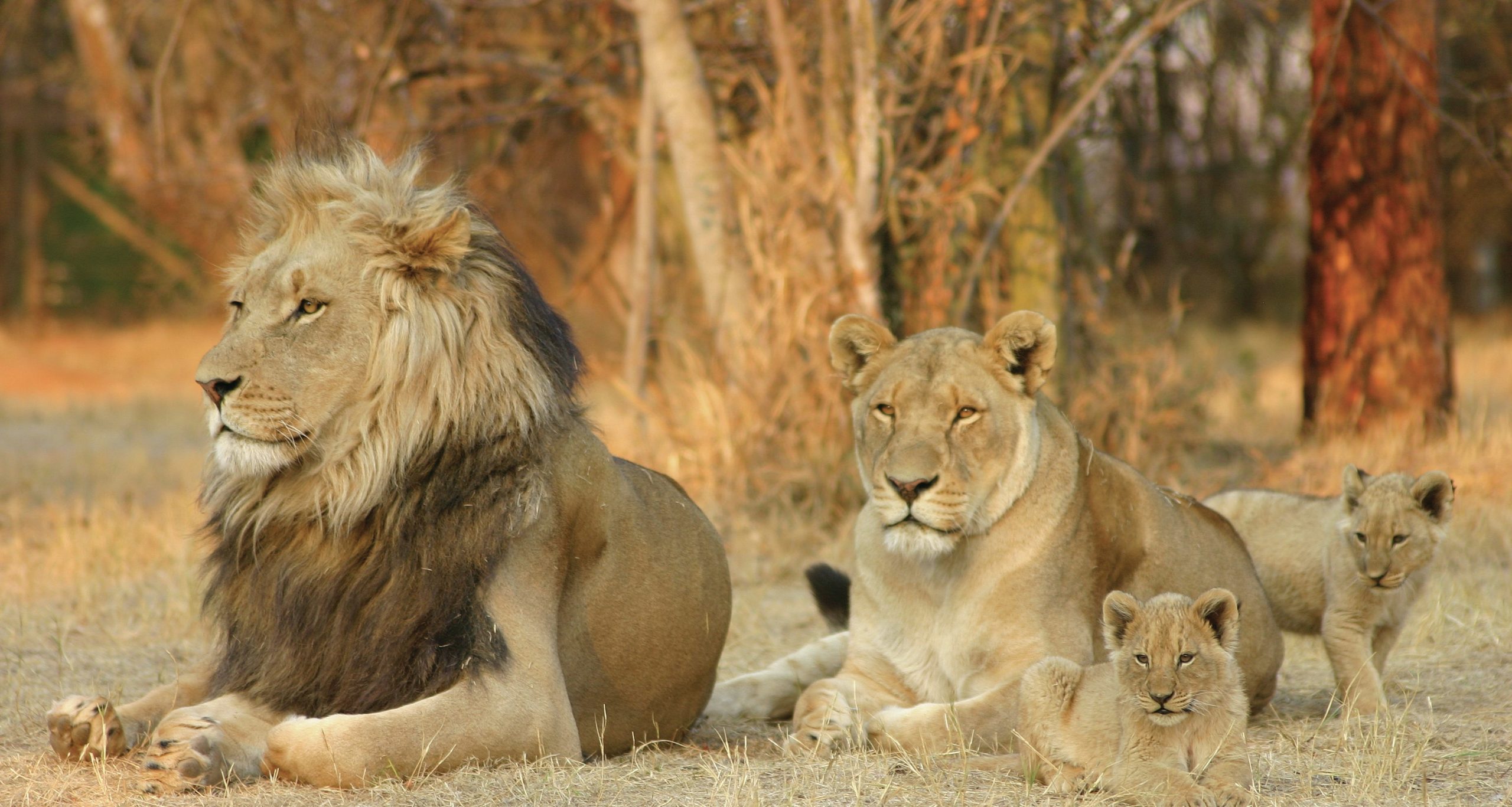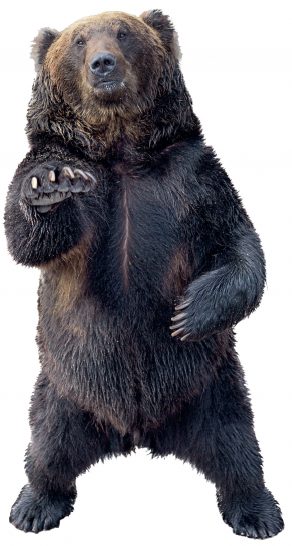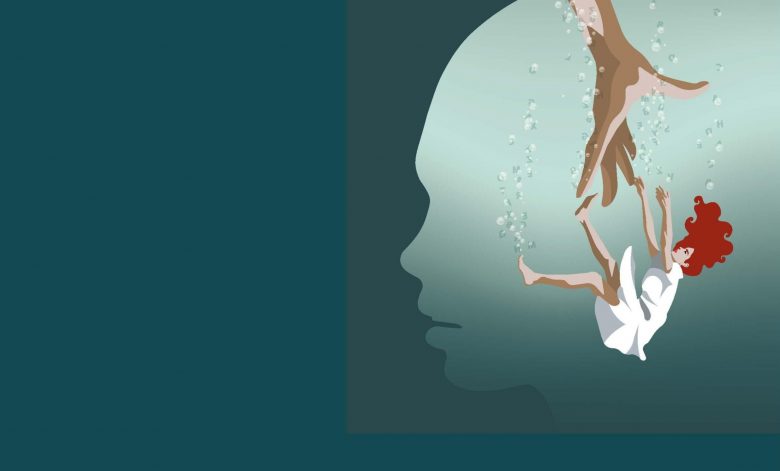
What led to your gender identity? Were you socialised into it or did biological factors lead you down your own path to ‘maleness’ or ‘femaleness’? This ‘nature versus nurture’ argument has been with us since the start of psychology as an academic discipline (Taylor 2009). For much of the twentieth century, the debate was one of hormones versus social conditioning explanations, with, on the one hand, differences between levels of circulating sex hormones being seen as responsible for the development of gender roles and on the other, the different expectations that society places on girls and boys being held up as the primary cause. During the last 15 years, however, the biological argument has become more refined, as those on the nature side of the debate have sought to explain why these differences in sex hormones arose as a result of different evolutionary pressures faced by males and females. That is, the emergence of evolutionary psychology has added a layer of explanation to the nature side of the debate.
Before examining the strengths and weaknesses of this argument, first we need to have a clear understanding of the terminology used by psychologists when considering gender. A gender role is a set of socially and culturally defined expectations describing how males and females should think, act and feel. Gender differences consist of real disparities in typical behaviour between the sexes, whereas gender stereotypes are views that people maintain with regard to gender differences, whether they exist or not. Although the precise nature of gender roles may vary between cultures, gender stereotypes seem to be pretty universal, with males perceived as the competitive, status-seeking, risk-takers who are sexually indiscriminate, and females being seen as more passive, choosy and coy (see Box 1).
Your organisation does not have access to this article.
Sign up today to give your students the edge they need to achieve their best grades with subject expertise
Subscribe



